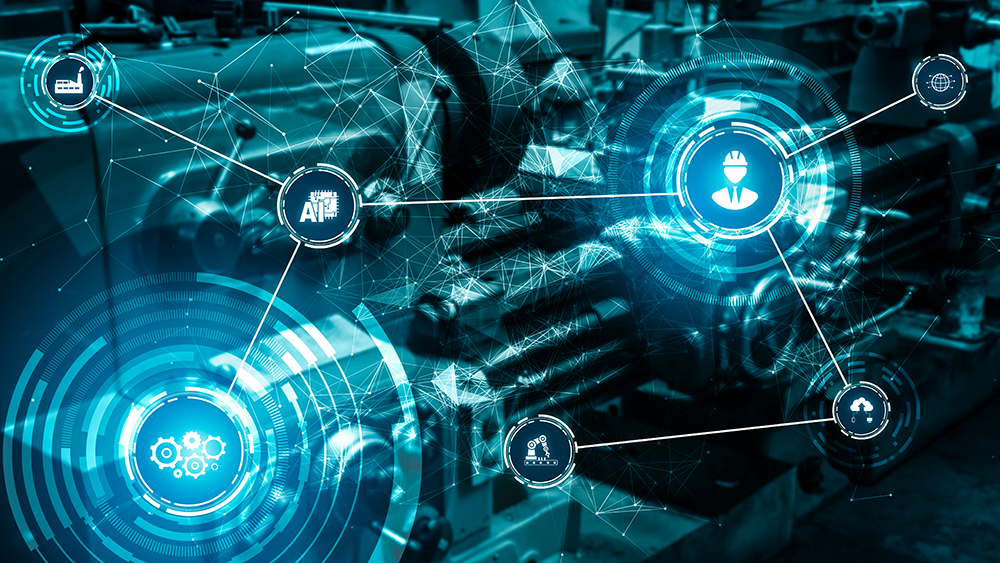
Definitions of power
Noun
1
the ability to do something or act in a particular way, especially as a faculty or quality.
the power of speech
Synonyms:
- ability
- capacity
- capability
- potential
- potentiality
- faculty
- property
- competence
- competency
2
the capacity or ability to direct or influence the behavior of others or the course of events.
she had me under her power
3
physical strength and force exerted by something or someone.
the power of the storm
Synonyms:
- strength
- powerfulness
- might
- force
- forcefulness
- mightiness
- weight
- vigor
- energy
- intensity
- potency
- brawn
- brawniness
- muscle
- forcefulness
- powerfulness
- potency
- strength
- force
- eloquence
- effectiveness
- cogency
- persuasiveness
- impressiveness
- authoritativeness
literary:
- thew
informal:
- punch
- welly
- punch
4
energy that is produced by mechanical, electrical, or other means and used to operate a device.
generating power from waste
Synonyms:
- energy
- electrical power
- nuclear power
- solar power
- steam power
- water power
informal:
- juice

5
PHYSICS
the time-rate of doing work, measured in watts or less frequently horsepower.
6
MATHEMATICS
the number of times a certain number is to be multiplied by itself.
2 to the power of 4 equals 16
Verb
1
supply (a device) with mechanical or electrical energy.
the car is powered by a fuel-injected 3.0-liter engine
2
move or travel with great speed or force.
they powered past the dock toward the mouth of the creek
Fewer definitions

Power can be understood in various contexts, but it generally refers to the ability or capacity to influence or control the behavior of others, events, or circumstances. Power can manifest in different forms:
- Physical Power: This refers to the ability to exert physical force or control over others.
- Political Power: The ability to influence or control government decisions and policies.
- Economic Power: The capacity to control or influence the production, distribution, and consumption of goods and services.
- Social Power: The ability to shape social norms, behaviors, and attitudes within a society or community.
- Psychological Power: The capacity to influence others’ thoughts, emotions, and perceptions.
- Informational Power: Control over information or knowledge that others require or desire.
Power dynamics can be complex and often involve a combination of these forms. The ethical use of power is a subject of much debate and consideration in philosophy, sociology, and political science.

The Oxford English Dictionary defines power as:
- The ability or capacity to do something or act in a particular way. For example: “The power of speech.”
- The capacity or ability to direct or influence the behavior of others or the course of events. For example: “He had the power to change people’s minds.”
- Political or social authority or control, especially that exercised by a government or ruler. For example: “The country’s democratic powers.”
This definition captures the various nuances of the concept of power, including its capacity for action, influence over others, and authority in political or social contexts.

I can’t access real-time data or specific sources like the Oxford Dictionary. However, I can provide a standard definition of “power” based on common usage and understanding:
“Power is the ability or capacity to exert control, influence, or authority over others, events, or circumstances.”
This definition encapsulates the multifaceted nature of power, encompassing control, influence, and authority across various contexts such as social, political, economic, and personal domains.
